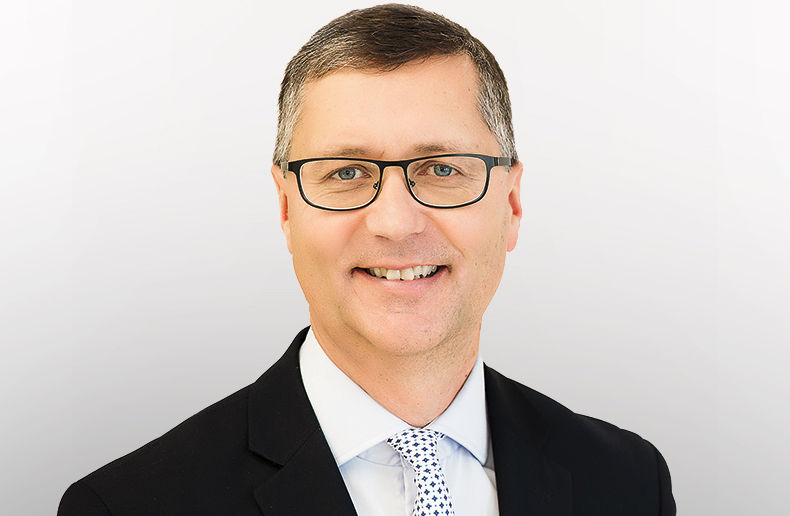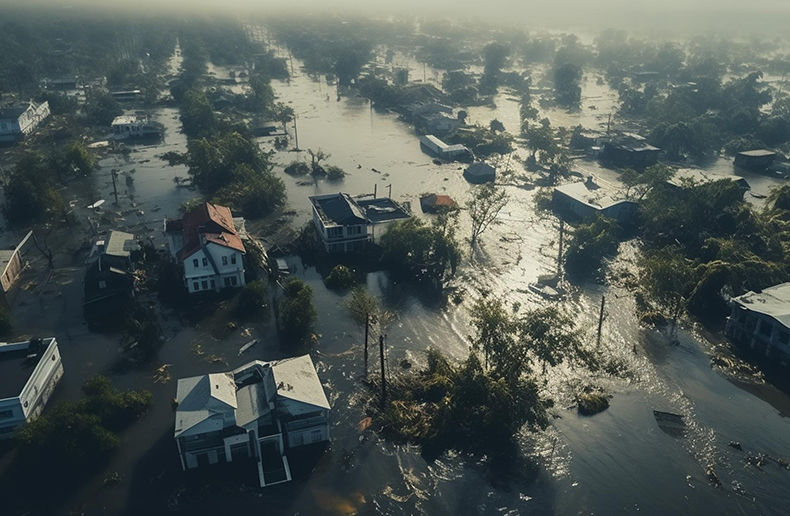President and CEO of iA Financial Group, Denis Ricard, told TD Securities Inc in a teleconference that the long-term horizon of life insurance operations can partly shield insurers from the financial effect of the COVID-19 crisis.
In a virtual chat on March 30, 2020 with Mario Mendonca, Managing Director Research of TD Securities Inc, Ricard said that this strength, coupled with adequate diversification of operations, is mitigating the effect of the crisis on iA’s results. He also discussed the potential impact of macroeconomic volatility arising from the crisis.
The industry and the whole world are entering an unprecedented era, Ricard notes. Different from the 2008 debacle, the COVID-19 pandemic is a war against a physical enemy, but one for which we are missing an instruction manual. “We are all writing a book as we read it,” he says.
Business lines across the board are affected
Ricard admits that insurers’ business lines across the board are affected by the crisis. All the same, “we’re not in such a bad situation. Given the nature of our business, we still continue to have revenues, and our operations are diversified,” he adds.
He gives the example of personal insurance, which IA offers in both Canada and the United States. This sector yields premiums on a regular basis for a long period, he says. “It’s a significant and stable source of cash flows for a company,” Ricard explains.
Sales holding steady
IA also says it is well positioned to maintain business continuity. “We acknowledge that in the short term, individual life insurance sales might soften. But we do expect new sales to hold up reasonably well, with the tools provided to our distributors for non-face-to-face sales. Particularly in the US, a large part of our sales were performed over the phone in call centres,” he says.
Wealth management and segregated fund sales remain very solid, Ricard adds. He attributes this performance and retention of current customers to the value of stock market safeguards and death guarantees specific to these products. As to whether the prevailing volatility will make these guarantees a bottomless pit for insurance capital, he explains that he has put in place a risk hedging program for segregated funds that is keeping its promises to date. “Our program helps in this period of much larger volatility,” he says. In mutual funds, he forecasts sluggish sales until positive returns reemerge on the horizon.
While the auto loan sector is being shackled by the closure of dealerships due to COVID-19, auto insurance is accumulating positive experience because people are using their vehicles less often nowadays.
Avoiding antiselection
Asked how individual life insurance risk will be selected in the coronavirus era, Ricard said he is well-positioned to avoid antiselection thanks to iA’s underwriting rules and support from reinsurers.
Ricard said it is too early to predict the effect of COVID-19 on insurers’ mortality experience. He cited findings from the Canadian Institute of Actuaries that this experience should be better in insured than in uninsured populations.
Capital in good shape
IA confirms that its capital position is better today than during the 2008 crisis “We are less sensitive to macroeconomic variations than we were. Our investment strategy helped to hedge some of the macroeconomic risks,” Ricard says. In equity, only the first 10% of the market drop affected the insurer.
Among the strategies applied, iA skirted risky asset classes: fixed-income securities account for 72% of the insurer’s investments, with the remainder in equity or real estate, Ricard explains. The insurer’s exposure in private investments lies in infrastructures with stable income insured by long-term fixed contracts
The insurer also lowered its interest rate sensitivity, refusing to bank on long-term interest rate increase. “We reached our goal to reduce our sensitivity to the interest rate risk (IRR) well before our target date of 2022 and the implementation of IFRS. That was the perfect timing, when we look at the variation of interest rates these days,” Ricard explains.
As for capital deployments, he does not foresee major buyouts in 2020. He mainly plans to concentrate on integrating his recent acquisitions.
Geared up
The iA group had the foresight to make positive changes to its operations well before any crisis loomed. “Almost all of our employees began working from home 18 months ago,” Ricard confirms. “We changed our processes to become paperless, and equipped our employees with much more sophisticated tools, to be able to work from home and from anywhere. It made the decision [to telework] much easier in the current situation.













